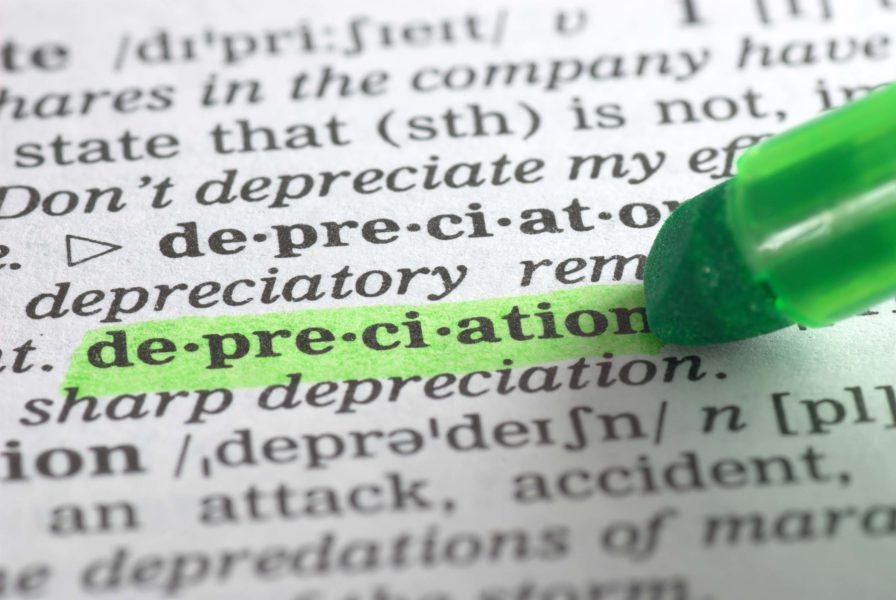How much are your belongings worth? This is a question that will have to be answered if you ever need to file an insurance claim. Unfortunately, calculating the answer is not always easy.
Case in point: To determine the value of an item, you might be tempted to look at the receipt you got when you bought the item. This value might not be accurate, however, for one simple reason – depreciation.
With a few possible exceptions, most of your belongings have probably lost value since you bought them – maybe a lot of value. If you file a loss with your insurer, depending on the terms on the policy, you may be on the hook for this depreciation.
Actual Cash Value vs. Replacement Value
When looking at a property insurance policy, it’s helpful to understand how replacement value and actual cash value differ.
- Replacement value is how much it would cost you to replace or repair the item. In other words, if the item were destroyed and you had to buy a new one, how much would you have to pay?
- Actual cash value is how much an item is actually worth today. For insurance purposes, this is typically calculated based on the replacement value and the expected lifespan of the item. An item that is expected to last for 10 years, for example, might be assumed to lose 10 percent of its value each year.
For example, let’s say you have a flat-screen television that you bought for $1,000. The television has an expected life span of five years, so it can be expected to depreciate in value by 20 percent each year. If you bought the television a year ago, it’s already lost $200 of its value. Imagine that it’s stolen, so you file a claim. If your policy pays out based on the actual cash value, you’ll only get $800, minus the deductible.
Now imagine that many of your belongings are stolen or destroyed. Suddenly, that depreciation is adding up quickly. Depreciation and actual cost value can also apply to things like roof damage, which can get expensive fast.
The good news is that, depending on your policy, you may be able to recover the depreciation.
Recoverable Depreciation
If your insurance policy states that you can recover the depreciation, it is possible to recover the full replacement value. However, the insurance company may not write you a check for the full amount as your initial claims payout.
Instead, the initial payout may be for the actual cash value. After you purchase a replacement item or have the item repaired, you can report this to your insurer and be compensated for the remainder of the replacement value. This is how you recover the depreciation.
Tips for Recovering Depreciation
- Know the terms of your policy and whether claims are compensated based on actual cash value or replacement cost. Check to see if there’s a clause for recovering the depreciation and what is required for this.
- Understand that even if your policy allows you to recover the depreciation, you may need to pay the difference between the actual cash value and the replacement cost initially.
- Be sure to file the necessary paperwork to recover the depreciation, and make sure you know the deadlines. Talk to your insurance agent about what is needed and always get copies of your receipts.
- Maintain an inventory of your belongings, using photos and videos when you can. This will make it easier if you ever need to file a claim. It’s also recommended to keep a copy of your inventory at another location in the event your home is damaged.
Have questions about your policy? Contact us for guidance!





